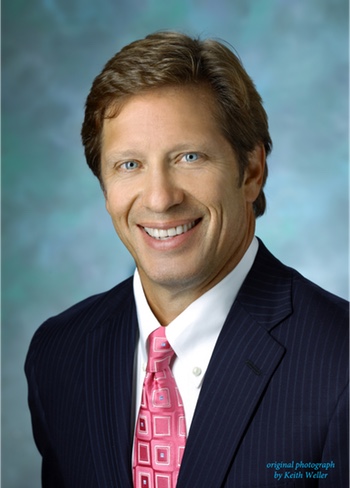College of William & Mary, J.D. (1990) Hampden-Sydney College, B.A. (1986) Severn School (1982)
Attorney/Partner Carney, Kelehan, Bresler, Bennett & Scherr, LLP.
http://www.carneykelehan.com/our-attorneys/darren-burns Practice centers on litigation, particularly cases involving education, commercial construction, employment, contract, business, real property, and cable/satellite piracy issues. His clients include developers, contractors, property managers, retail businesses, restaurants and property owners. He represents his clients in courts throughout Maryland as well as in federal court, administrative hearings, arbitration and mediation. In addition to litigation, Mr. Burns advises clients on contracts and business formation, and he handles regulatory matters before various Anne Arundel County and City of Annapolis agencies including liquor licenses and other trade requirements. An experienced education lawyer, Mr. Burns served for six years as the in-house counsel for the Anne Arundel County Public Schools. He has represented boards of education, local governments and public officials in numerous contract, tort and civil rights cases. Professionally, Mr. Burns is an officer for the Construction Law Section of the Maryland State Bar Association and former trustee of the Anne Arundel County Bar Association. His two decades of experience in court began with his judicial clerkship for the Hon. Robert H. Heller Jr. in the Circuit Court for Anne Arundel County.
